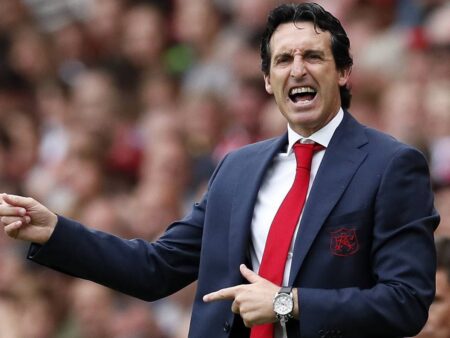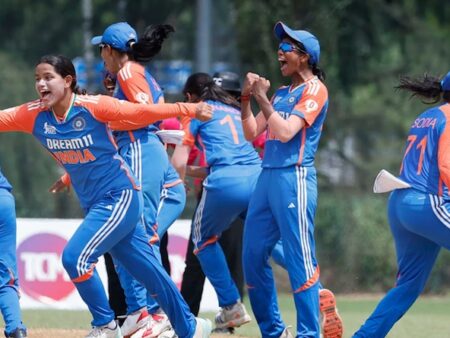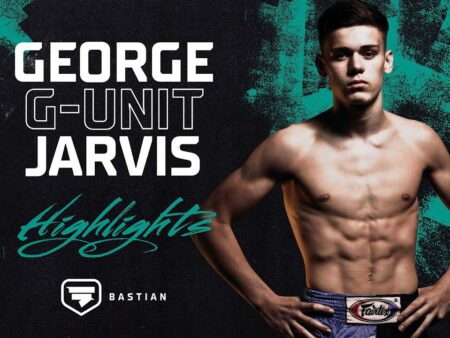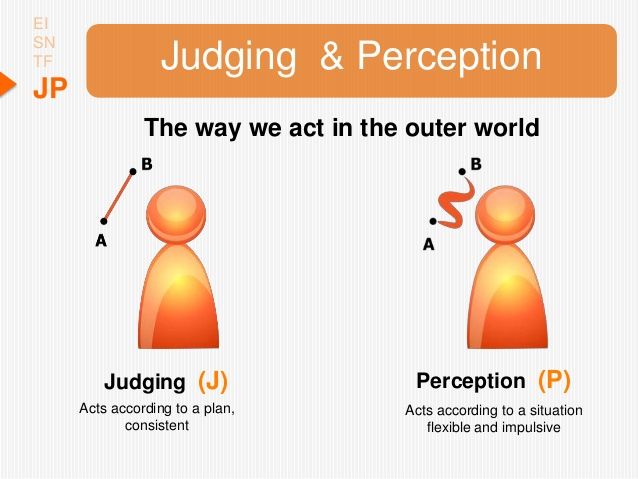
In the high-stakes realm of mixed martial arts, where careers can be forged or shattered in mere seconds, the final word often rests with a trio of judges perched cage-side. Their decisions, intended to be objective assessments of controlled chaos, frequently ignite passionate debates. Such was the case at UFC Nashville, where veteran fighter Stephen “Wonderboy” Thompson faced a contentious split-decision loss to Gabriel Bonfim, prompting his former coach, Ray Longo, to voice a provocative hypothesis: was Thompson`s age the true determinant of his fate?
The Controversial Verdict
Stephen Thompson, at 42 years young, is hardly a newcomer to the octagon`s bright lights. A former UFC title challenger, known for his unique karate-based striking, Thompson delivered what many, including countless social media commentators, believed was a compelling performance against the younger Bonfim. Yet, when the scorecards were tallied, Bonfim`s hand was raised, leaving a palpable sense of grievance hanging in the Nashville air.
Ray Longo, a revered figure in combat sports coaching, offered a stark, almost conspiratorial, take on the outcome during a recent podcast appearance. His words cut through the usual post-fight analysis:
“He 100 percent won the fight. You know what the problem is that I have? It’s conspiratorial, but if Stephen was 34 years old, and he was on the come up, he’s winning that fight. They give it to him. That’s my honest belief… The only damage in the third round was done by Wonderboy Thompson, and that’s why he wins that fight.”
Longo`s assertion that Thompson`s perceived standing in the sport—a seasoned veteran rather than an ascending prospect—influenced the judges is a potent accusation. It suggests that the cold, hard metrics of striking, defense, and octagon control might sometimes be subtly overshadowed by an unspoken narrative, a subliminal bias towards the “new blood” or a pre-conceived notion of a veteran`s diminishing capacity. If true, it paints a troubling picture of how external factors, unrelated to a fighter`s actual performance, could tip the scales.
The Perils of Professional Judging
MMA judging is a notoriously difficult task. Unlike boxing, where action is more confined, mixed martial arts encompasses a dizzying array of disciplines: striking, grappling, takedowns, submissions, ground control, and defense. Judges are tasked with weighing “effective striking” and “effective grappling,” “octagon control,” and “aggressiveness,” all while prioritizing “damage” as the primary criterion. It`s a complex algorithm of observation, interpretation, and rapid scoring, often under intense pressure.
However, the human element remains. Could an unconscious bias towards youth and potential, or perhaps a subconscious readiness to write off an older fighter, truly sway a judge? Longo`s argument hints at a subtle psychological battle fought not by the athletes, but by those assigned to quantify their efforts. The concept of “momentum” is often discussed in sports, but rarely is it explicitly tied to a judge`s score. Yet, as Longo implies, an older fighter, even one demonstrating superior performance, might struggle against an invisible opponent: the narrative of decline.
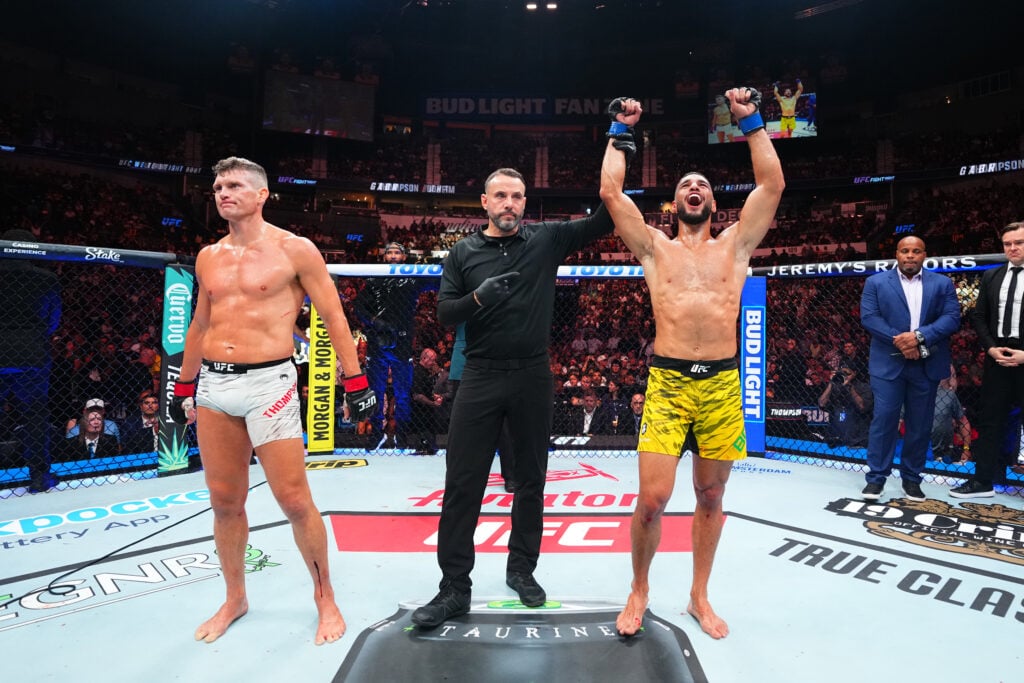
Thompson`s shin laceration, a visible testament to the fight`s intensity, further fuels the debate around “damage.” If a fighter inflicts significant harm, even if the fight appears close on other fronts, should that not hold more weight? Longo unequivocally believes it should have for Thompson, lamenting what he perceived as Bonfim`s late-round reluctance to engage, suggesting a strategic maneuver rather than outright dominance.
The Veteran`s Value
Despite the contentious loss and the challenging recovery from his injury, Stephen Thompson`s value to the UFC seems undiminished. UFC CEO Dana White, a man not prone to effusive praise without reason, offered a strong endorsement for Thompson`s continued presence in the promotion. This speaks volumes: even past his physical prime, “Wonderboy” remains a unique and marketable fighter, capable of delivering exciting matchups that confound opponents with his unconventional style. His record, though marked by recent setbacks, still includes impressive victories over highly regarded contenders.
The saga of Stephen Thompson at UFC Nashville serves as a poignant reminder of the intricate dance between athletic performance, official adjudication, and public perception in combat sports. It forces us to ask: in a sport striving for objectivity, how much sway do the unseen currents of narrative, age, and perceived trajectory truly hold? For “Wonderboy,” it seems his greatest fight might not be against a younger opponent, but against the silent, subjective scales of judgment itself.
